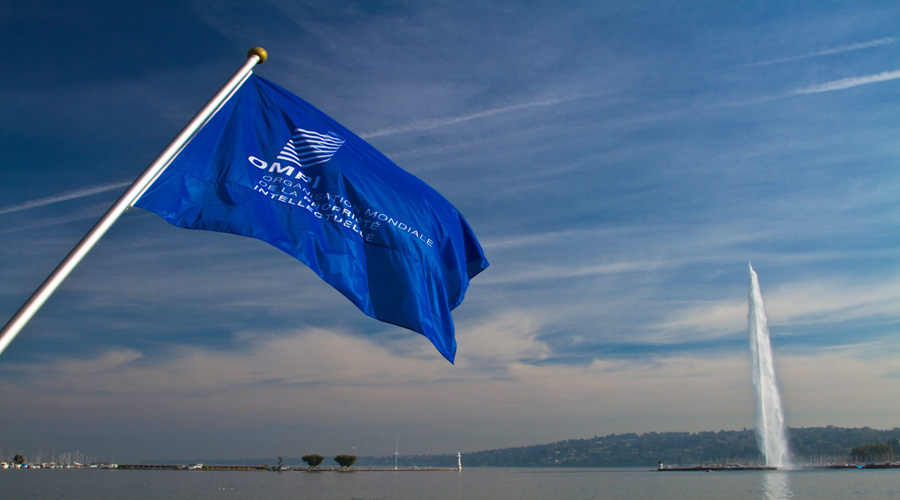As the World Intellectual Property Organization (WIPO) held the 42th session of its Standing Committee on Copyright and Related Rights (SCCR) hybrid in May 2022, EWC President Nina George submitted on behalf of the European Writers’ Council the following statement on a planned PLR Study:
Statement on the pending “Proposal for a Study Focused on Public Lending Right in the Agenda and Future Work of the Standing Committee on Copyright and Related Rights of the World Intellectual Property Organization (WIPO)” (SCCR/40/3/Rev. 2), Agenda Item Other Matters SSCR/42.
Brussels, 9 May 2022
The EWC thanks WIPO for the opportunity to submit a statement related to the pending proposal prepared by the Republics of Sierra Leone, Panama, and Malawi and would like to respond to the Chair’s invitation to make general comments and give input on possible next steps. We also refer to our submission to the proposal, contributed at the SCCR/41-meeting, available here (Statement 57).
The European Writers’ Council continues to fully support this proposal for a WIPO planned PLR study. The EWC represents 160,000 authors in the book and text sector from forty-six writers’ and translators’ organisations in thirty EU, EEA and non-EU countries including Belarus, Iceland, Montenegro, Norway, Switzerland, UK, and Turkey. The EWC is a member of the PLR International Steering Committee. PLR implements the principle that ‘every use must be remunerated’ which is based on the Universal Declaration of Human Rights and by which writers and translators are entitled to receive remuneration from every use of their work. With this in background, we note as follows:
PLR is the backbone of sustainable resources of education, knowledge, and culture.
The EWC supports the core aims of the proposal, “… a WIPO-sponsored study to provide a more detailed information on the different ways in which PLR can be introduced, on limitations and solutions, and how we can access the support and capacity building (…) This study will answer the question of how are countries to identify which PLR approach is most appropriate to their needs?” The EWC also endorses the points I-VII mentioned for examination in the proposal SSCR/40/3/Rev.2.
As authors we are aware of the benefits of PLR for society, for the book sector, for securing innovation, knowledge, and also for cross-border cultural exchange; we would like to see this information available to interested countries as well. We encourage WIPO and its member states to proceed with the proposal swiftly and positively, and to initiate a WIPO conducted study to present a solid and wide-ranging report as a “handout” to support those nations that want to secure the state’s educational mandate with an equitable and sustainable method in the interest of authors, society, innovation, and the preservation of future knowledge. The study should not lead to a legal instrument of any form. It should focus on PLR for printed works in public libraries.
As next steps, we submit the following proposals for your reflection and consideration:
- Launching in-depth consultations with participation of all sector representatives including all parties involved in the book sector (authors, translators, visual artists, publishers, trade), the public library sector, collective management organisations and relevant governmental entities, with the specific look on PLR. Not only written and interview-based surveys are useful, but also OMCs and expert groups that meet regularly over a certain period. This will reflect the diversity of experiences and take into account the different regional conditions.
- A comparative facts and figures collection will be a particular challenge; if necessary, a preliminary consultation with international PLR experts may be considered.
- The results can be presented in the framework of an information session; regional seminars can of course also be considered at the request of interested countries.
We are convinced that important decisions can only be made on the basis of balanced information and unbiased communication. We are equally convinced that PLR actively contributes to a dynamic book culture, which is the basis for the promotion of reading, for the dissemination of knowledge, and the essence against disinformation.
To the documents of the SCCR42
Photo: Emmanuel Berrod. Copyright: WIPO. This work is licensed under a Creative Commons Attribution-NonCommercial-NoDerivs 3.0 IGO License

